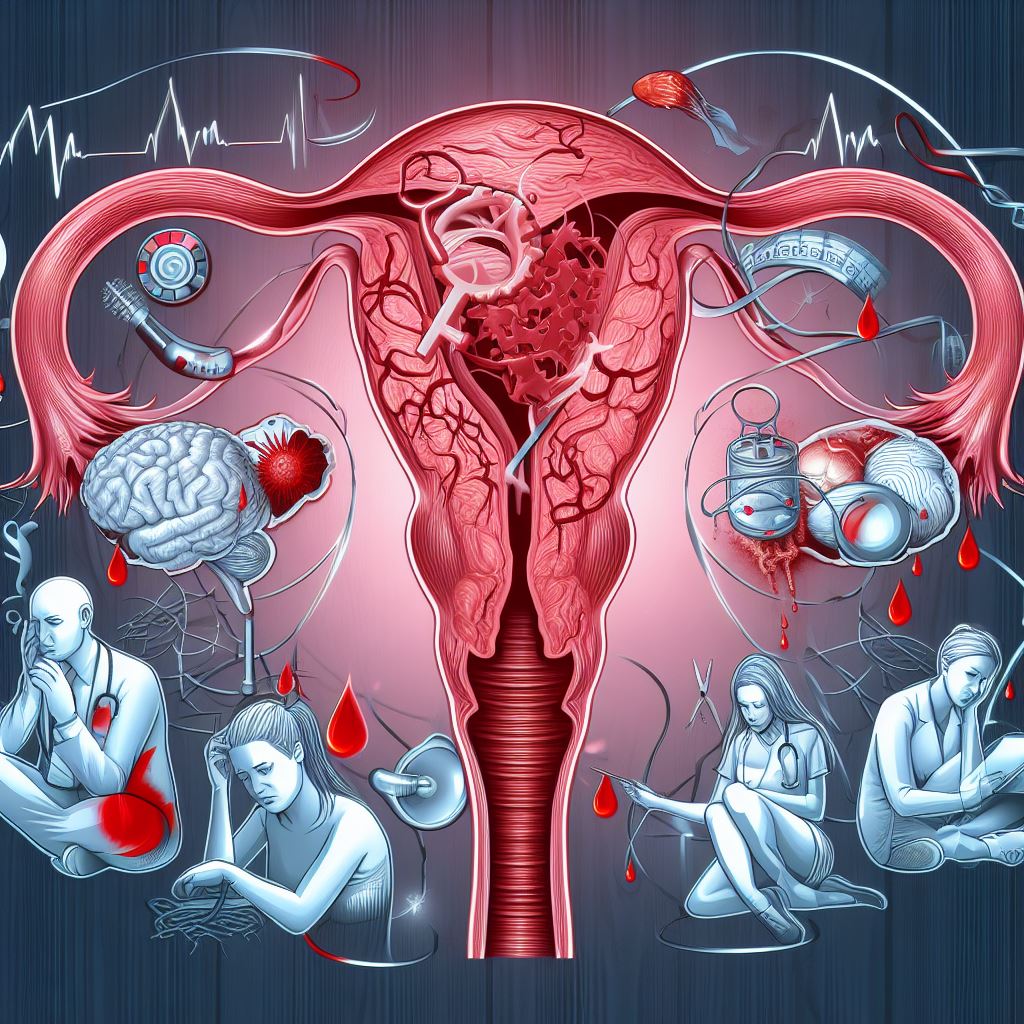The menstrual cycle is much more than a biological process. It can also have a significant impact on women’s psychology. Hormonal changes that occur during your cycle can affect your emotions, mood, and even behavior.
In this article, we will explore the cause-and-effect relationships between the menstrual cycle and female psychology, understanding how each phase can affect women emotionally.
1. Periods and menstruation:
The blues period The first phase of the menstrual cycle is characterized by menstruation and precedes the preovulatory phase. During this time, many women may experience fatigue, mood swings, irritability, and physical symptoms such as cramps and headaches. Hormonal changes, particularly lower levels of estrogen and progesterone, can cause these emotional disturbances.
2. The preovulatory phase:
increased energy and concentration After your period, the the body begins to prepare for ovulation. Estrogen levels begin to increase, which can improve mood and energy. Women may feel more confident, focused, and motivated during this phase. Social interactions may seem more enjoyable and women may experience a strong libido.
3. Ovulation:
the phase of peak fertility Ovulation is the period during which the egg is released from the ovary and fertility is at its peak. Estrogen and testosterone levels peak. Women may feel more attractive, more confident, energetic, and sociable. This can also result in more attractive behavior to attract a potential partner. Positive emotions generally dominate this phase.
4. The Luteal Phase:
Anticipation and Emotional Fluctuations After ovulation, estrogen levels decrease while progesterone increases. During this phase, certain changes can be observed on the emotional level. Women may feel more sensitive, anxious, irritable and have mood swings. Physical symptoms such as swollen breasts, bloating, and abdominal pain can also affect mood.
Conclusion:
The menstrual cycle affects not only a woman’s body but also her psychology. Hormonal fluctuations during your cycle can create emotional and behavioral changes. Understanding these cause-and-effect relationships can help women better manage their emotions and prepare for the different changes that occur each month. Aware of these effects of the menstrual cycle, women can adopt coping, stress management, and self-care strategies to alleviate emotional symptoms and promote better mental and emotional health.

